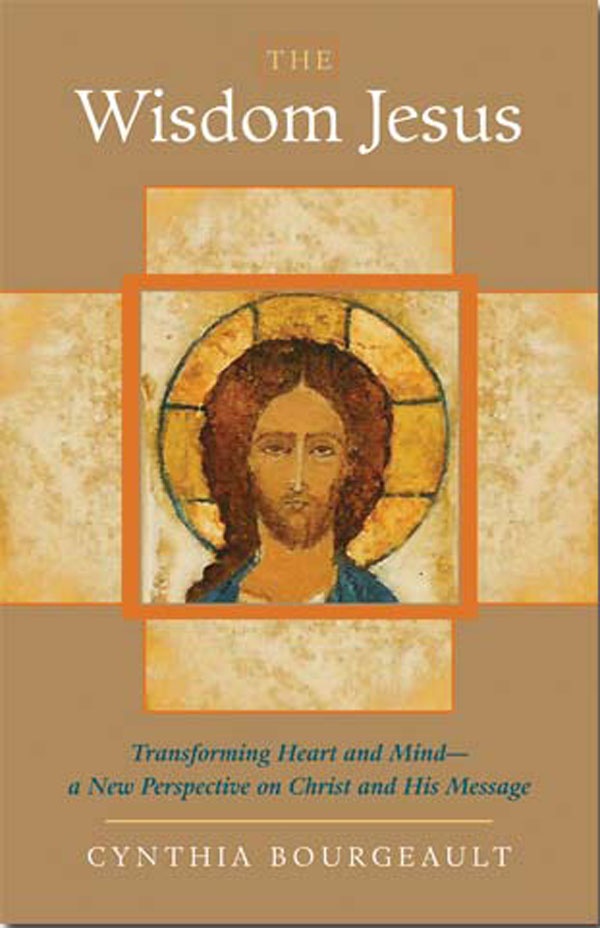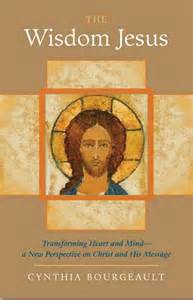A friend recently gave me a book entitled The Wisdom of Jesus: Transforming Heart and Mind—a New Perspective on Christ and His Message, by Cynthia Bourgeault (Shambhala, Boston, 2008). I found the book an interesting and challenging read.
Bourgeault’s challenge to her readers is to take a fresh look at Jesus from a different perspective. For almost two millennia the church has viewed Jesus through the narrow looking-glass of the four gospels and Paul’s writings and those attributed to him. There have been many archeological discoveries, she points out, such as the Dead Sea Scrolls, the Nag Hammadi Library and other manuscript discoveries that offer a different view point on Jesus, the disciples and the women who followed Jesus. Bourgeault pushes the idea that these newly discovered, non-canonical works offer us a truer picture of Jesus than the traditional gospels and epistles do.
There is a saying that, “History is written by the victors.” This might be true in the area of theology, also. In the early church councils where doctrinal orthodoxy was fought out, those whose doctrine prevailed were able to label other doctrines as heretical. Thus identified opposing views were dismissed and labeled as evil. Bourgeault questions the label and advocates that even though we may not accept the alternate perspectives, we should at least be aware of them and possibly appreciate them.
I found the picture of Jesus that Bourgeault compiles not only to be interesting but also compelling. The interpretations that she offers on several gospel stories from the perspective of Jesus as a wisdom teacher are insightful and in some ways exciting. I didn’t find anything in her book that desecrated Jesus or was anti-Christian. Rather Bourgeault invites her readers to expand their thinking about Jesus and to deepen their walk with him.
Based on Jesus as a wisdom teacher, Bourgeault offers several spiritual disciplines that open a person’s heart to the wisdom of Jesus. These disciplines are not new inventions, but ancient practices of the church such as Centering Prayer, Lectio Divina and Chanting. They may be a little counter-cultural in today’s Christian culture, but they all have stood the test of centuries of practice.
If there is one criticism I would make of the book is that Bourgeault talks a lot about work. As a Lutheran I’m sensitive to our efforts to get closer to God. Martin Luther called such efforts “works righteousness.” While acknowledging such spiritual disciplines are good, I would place more emphasis on God’s grace of coming to us and drawing us closer to God.
If you are looking for a challenging, thought-provoking book to read, I certainly recommend The Wisdom of Jesus. Not only will your viewpoints be expanded but you might even alter the way you live out your faith in Jesus.


